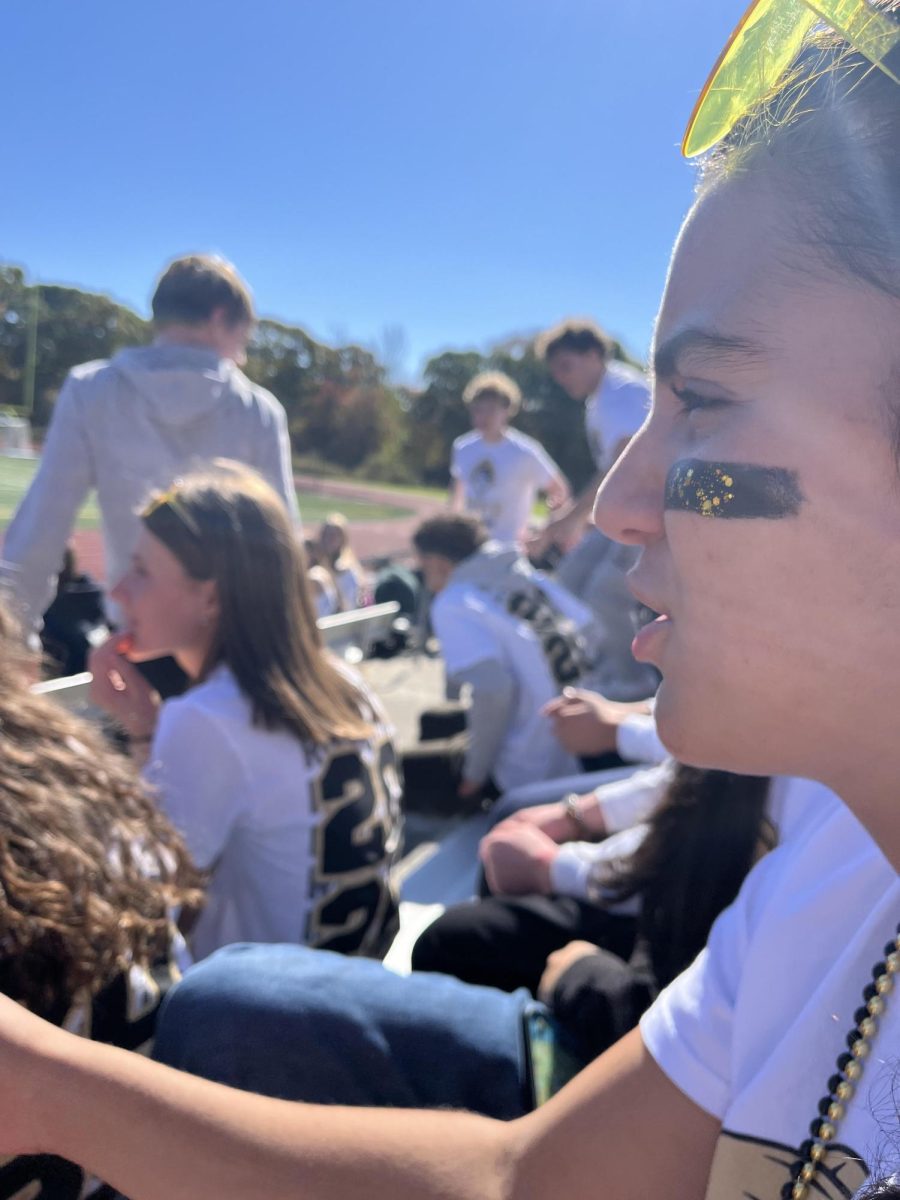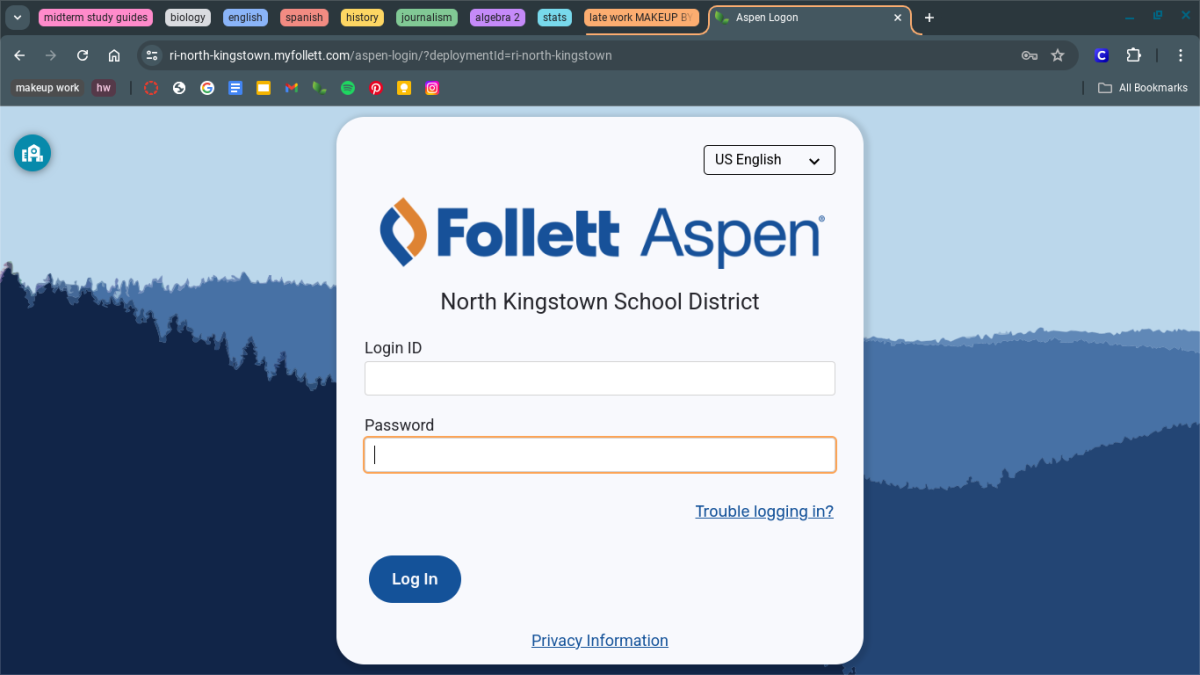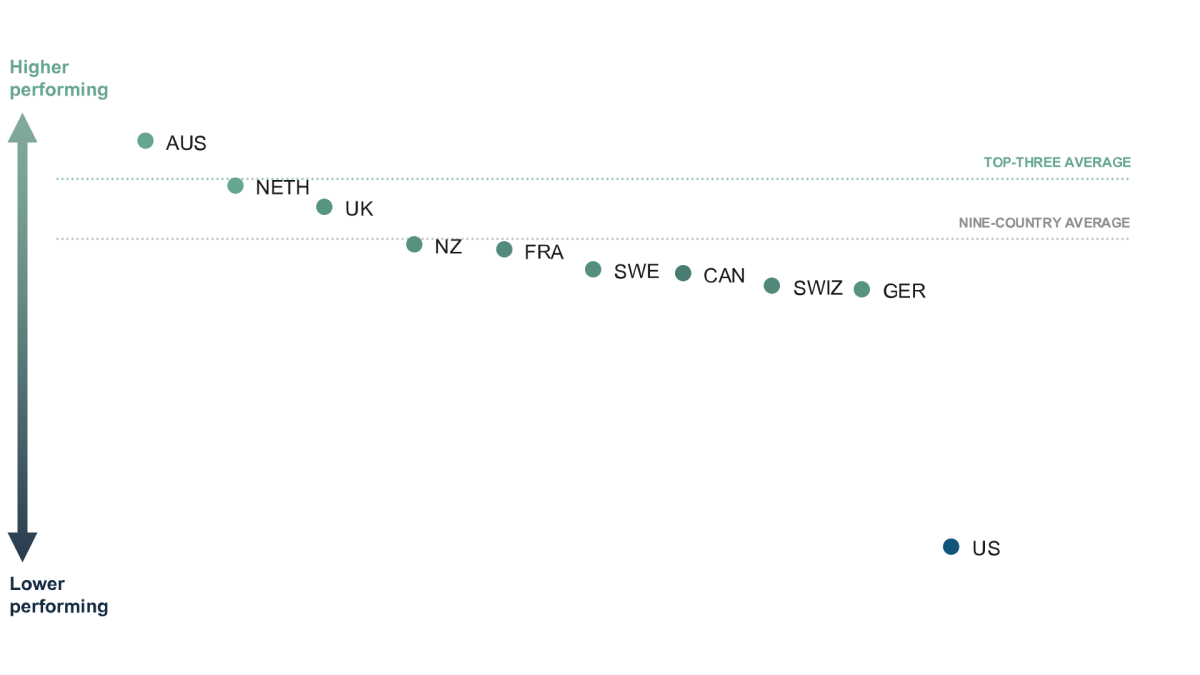School start times
You find the horrendous tune of your alarm clock going off early in the morning, lazily roll over in bed to check the time, and sure enough, it’s time get up. You stumble over to the door, make your way to the bathroom and stand in the hot water, hoping it will wake you up. After that, you make your way downstairs, slump down in your chair and sloppily eat a bowlful of Cheerios before you make your way to your car or the bus stop.
Meanwhile, a six year old child is up twenty minutes before their alarm goes off, dancing around the house, eating breakfast, playing with their toys, studying for their “mad minute” quiz, and solving the nation’s biggest problems, all before you’re even out of bed.
Yet, for some unfathomable reason, they do not have to be in school until two hours after your first class begins. The age-old question remains, why do older kids not start school later and younger kids start earlier?
In a survey conducted by the North Kingstown School Department over 2,600 people answered, over 700 of which were students, just under 1,500 of which were parents, and the final 360 were staff. The survey asked what time schools should start for the high schools, middle schools, and elementary schools in North Kingstown. Of all those who took the survey, over 50 percent were affiliated with the high school.
When asked what time would “best indicate your preference for NKHS start and dismissal times,” the highest voted option was that the high school hours should be from 8 am to 2:30 pm. The change would push the start time back by only 45 minutes. However, senior Kobe Freitas said “an extra 45 minutes is all I would need in the morning, to be honest.”
When asked to rank the factors of why school start times are important, the number one response was so it could be “best for student learning,” followed by “best for student health,” then “best for coordination with family schedule,” “best for coordination with student work schedule” and ranking last on the list, with only 7 percent of votes, “best for coordination with student after-school activities.” Senior Alex Varrecchione disagrees and said “high schoolers need sleep to perform well academically as well as athletically”.
The problem of high schoolers complaining about lack of sleep has been around for years. For now, it seems like the committee is intrigued and may want to solve the issue. There may not be an answer yet, but give them some time to sleep on it.
Your donation will support the student journalists of North Kingstown High School. Your contribution will allow us to distribute a print edition of the Current Wave to all students, as well as enter journalism competitions.










